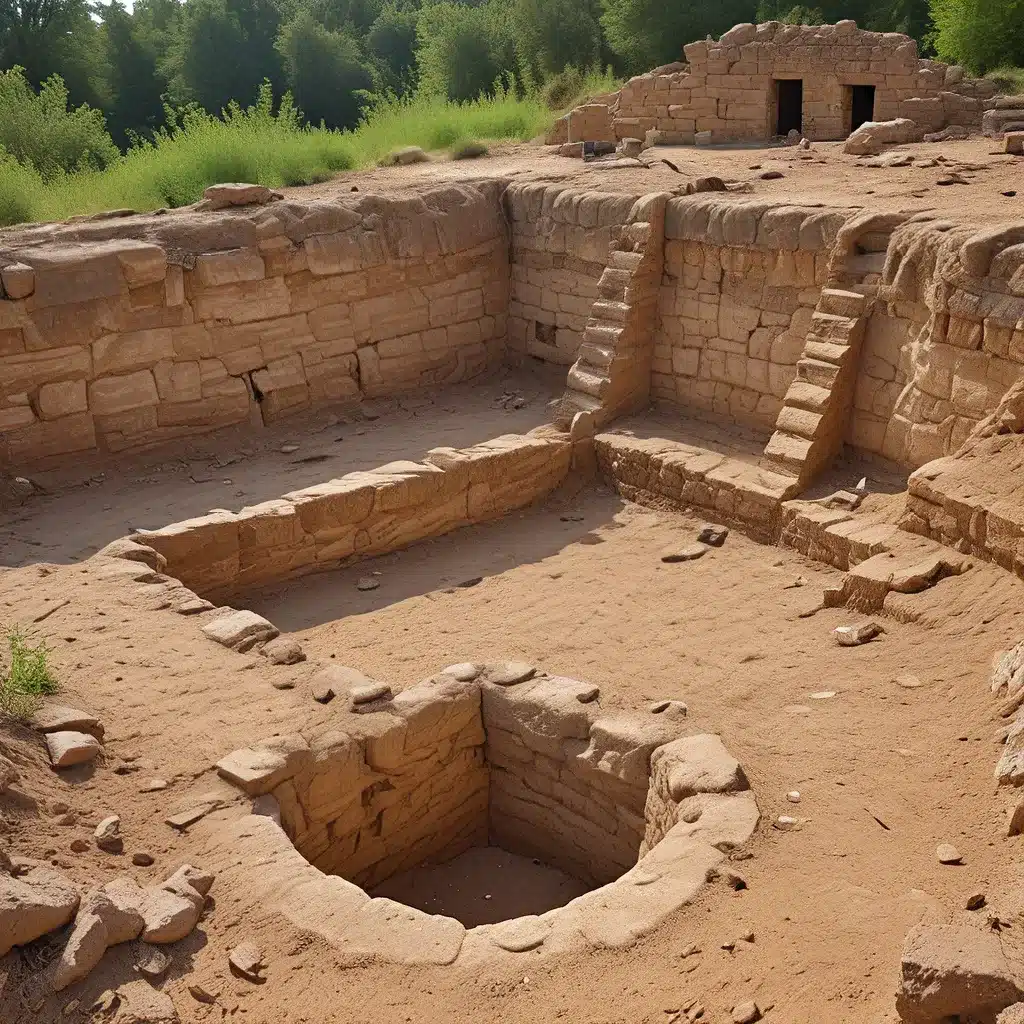
In the vast tapestry of human history, archaeological discoveries have played a pivotal role in unveiling the mysteries of the past. From ancient civilizations to long-forgotten cultures, these unearthed relics and artifacts have shed light on the intricate narratives that have shaped our world. In this captivating exploration, we delve into the realms of archaeology, uncovering the wonders and challenges that lie within this field of study.
Unveiling the Secrets of Ancient Civilizations
Throughout the ages, the ruins and remnants of bygone eras have captivated the imaginations of scholars and the public alike. One such example is the Mayan civilization, whose sophisticated astronomical knowledge and intricate architectural feats continue to awe and inspire. The deciphering of the Mayan hieroglyphic script has unlocked a treasure trove of information, revealing insights into their religious practices, social structures, and political machinations.
Similarly, the discovery of the Terracotta Army in China has shed light on the grandeur and military might of the Qin Dynasty. These lifelike statues, each with unique facial features and expressions, have captured the imagination of the world, offering a glimpse into the elaborate funeral rituals and power dynamics of this ancient empire.
Unraveling the Mysteries of Forgotten Cultures
Alongside the exploration of well-known ancient civilizations, archaeology has also unveiled the stories of lesser-known cultures that have been lost to the sands of time. One such example is the Nazca people of Peru, whose geoglyphs – massive geometric designs etched into the desert landscape – continue to baffle and intrigue researchers.
The Nazca lines, stretching for miles across the arid terrain, have long been a source of speculation and debate. Some theorize that they were created for religious or ceremonial purposes, while others propose that they served as astronomical calendars or navigational aids. Unraveling the true purpose of these enigmatic structures remains an ongoing quest for archaeologists and historians alike.
Emerging Theories and Challenging Narratives
As the field of archaeology progresses, new theories and discoveries have challenged long-held beliefs and assumptions about the past. The controversial theory of the Younger Dryas impact hypothesis, for instance, suggests that a cosmic event around 12,800 years ago may have led to the extinction of the megafauna and the downfall of early human civilizations.
Similarly, the ongoing debate surrounding the peopling of the Americas has sparked new discussions and re-evaluations of traditional narratives. The discovery of ancient human remains and artifacts in various parts of the Americas has led some researchers to question the widely accepted Clovis-first model, which posits that the first human inhabitants of the Americas arrived from Asia via the Bering Strait.
Preserving the Past for the Future
As archaeological discoveries continue to captivate and inform our understanding of the past, the preservation of these invaluable resources has become a pressing concern. Looting, vandalism, and development projects have threatened the integrity of archaeological sites around the world, highlighting the need for robust conservation efforts.
Organizations like the The Lost Kingdoms have been at the forefront of protecting and preserving these cultural treasures, advocating for stricter laws and international cooperation to safeguard our shared historical legacy. Through educational initiatives, community engagement, and collaborative research, these efforts aim to ensure that the wonders of the past are accessible and appreciated by generations to come.
Conclusion: Embracing the Archaelogical Awakening
As we delve deeper into the realms of archaeology, we uncover not only the physical remnants of the past but also the stories, beliefs, and aspirations of the cultures that have shaped our world. From the grandeur of ancient civilizations to the mysteries of forgotten peoples, these archaeological discoveries have the power to transform our understanding of human history and inspire us to protect and preserve our shared cultural heritage.
The archaeological awakening we are witnessing is a testament to the enduring curiosity and resilience of the human spirit. As we continue to unearth the secrets of the past, we are reminded of the interconnectedness of all civilizations, the fragility of our existence, and the responsibility we hold to honor and celebrate the legacies that have paved the way for our present.


